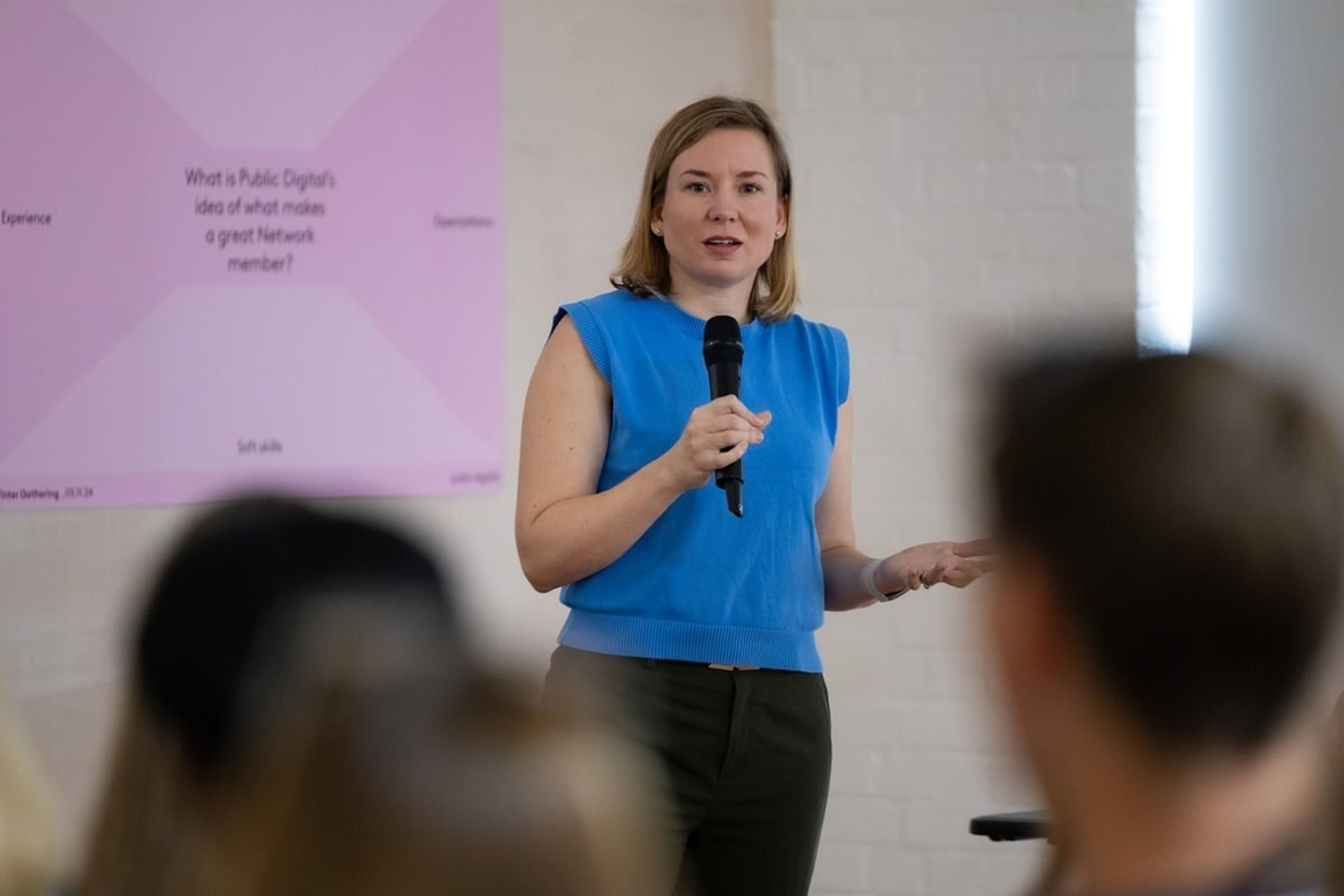
What RIO could mean for greater UK innovation

The UK Government has appointed former science minister Lord David Willetts as the first Chair of the Regulatory Innovation Office (RIO), a body established to accelerate the rollout of emerging technologies such as AI in healthcare, autonomous systems and drone medical deliveries.
The announcement was accompanied by new funding for regulatory reform in areas like lab-grown food, as part of the government’s broader “Plan for Change” strategy to drive innovation and economic growth.
This focus on harnessing technology to improve public services and drive economic growth is welcome. The UK has an opportunity to set a global standard for the regulation of innovation – one that balances tangible impact and application of technology with ethical and practical considerations, while maintaining public confidence to ensure sustained success.
Tech innovation in the UK is increasingly a multi-department, multi-agency, multi-regulator challenge. For example, regulating drones encompasses aviation, military, planning, housing, energy infrastructure and science and technology. This has a far-reaching impact across government, often in unexpected ways – such as the problem of drones bringing drugs into prisons. To open up the UK to more rapid innovation, the Government needs to develop new muscles for cross-government change and innovation. RIO will need both the powers and the ability to create incentives, to lead cross-government action effectively.
Test and Learn approach
Encouraging greater innovation needs a test-and-learn approach. You can't prove the value of innovation through small pilots alone – scaling and adapting innovative technologies (and the markets, regulation, services and communities that use and shape them) is a continuous, long-term process. Start small, but grow iteratively. Scaling up technological innovation is likely to require multiple iterations of regulation, and learning from the response to regulation. Once at scale, these cycles must continue to keep pace with continuous changes of technology, society, environment and geopolitical context. The regulatory sandboxing used by the Financial Conduct Authority, particularly around application of emerging technology, is a prime example of this practice.
Risk
Innovation comes with risk, and we need funding structures that acknowledge this. No amount of upfront research or analysis can create an evidence base that proves the future value of innovation before anything practical is tested in real situations. Investment needs to reflect the reality that experimentation and iteration are necessary, and not every innovation will succeed. We have to be prepared to fail, to learn from that failure and build on the learnings. The culture and processes around The Treasury’s Green Book don’t encourage this kind of risk taking. Instead, they prioritise ‘proof’ that an investment will yield a positive return – even when the unpredictable nature of delivering with innovative technology makes such proof impossible.
Working in the open
Public confidence in innovation is built by working in the open – showing what is being tried, what works and what doesn’t. Taking the public on the innovation journey – rather than setting the expectation that everything will be right first time – is key to maintaining trust. The Government Digital Service remains a leading institution that works in the open, providing real-time insight into innovative initiatives like GOV.UK OneLogin.
Under-promise and over-deliver
Innovative technologies are full of potential, which can be difficult to quantify in the medium-to-long term. Policymakers should avoid the trap of relying on consultancy-style forecasts that set unrealistic expectations and lead innovation efforts into cul-de-sacs – like PwC’s £45 billion valuation of drones to the 2030 UK economy. No amount of analysis can bring rigour to forecasts like this; the true number is completely unknowable.
The Public Digital view? RIO has an important role to play, but its success will depend on how effectively it enables innovation to scale, adapt and earn public trust through transparent, iterative processes.
Written by

Dave Rogers
Partner
